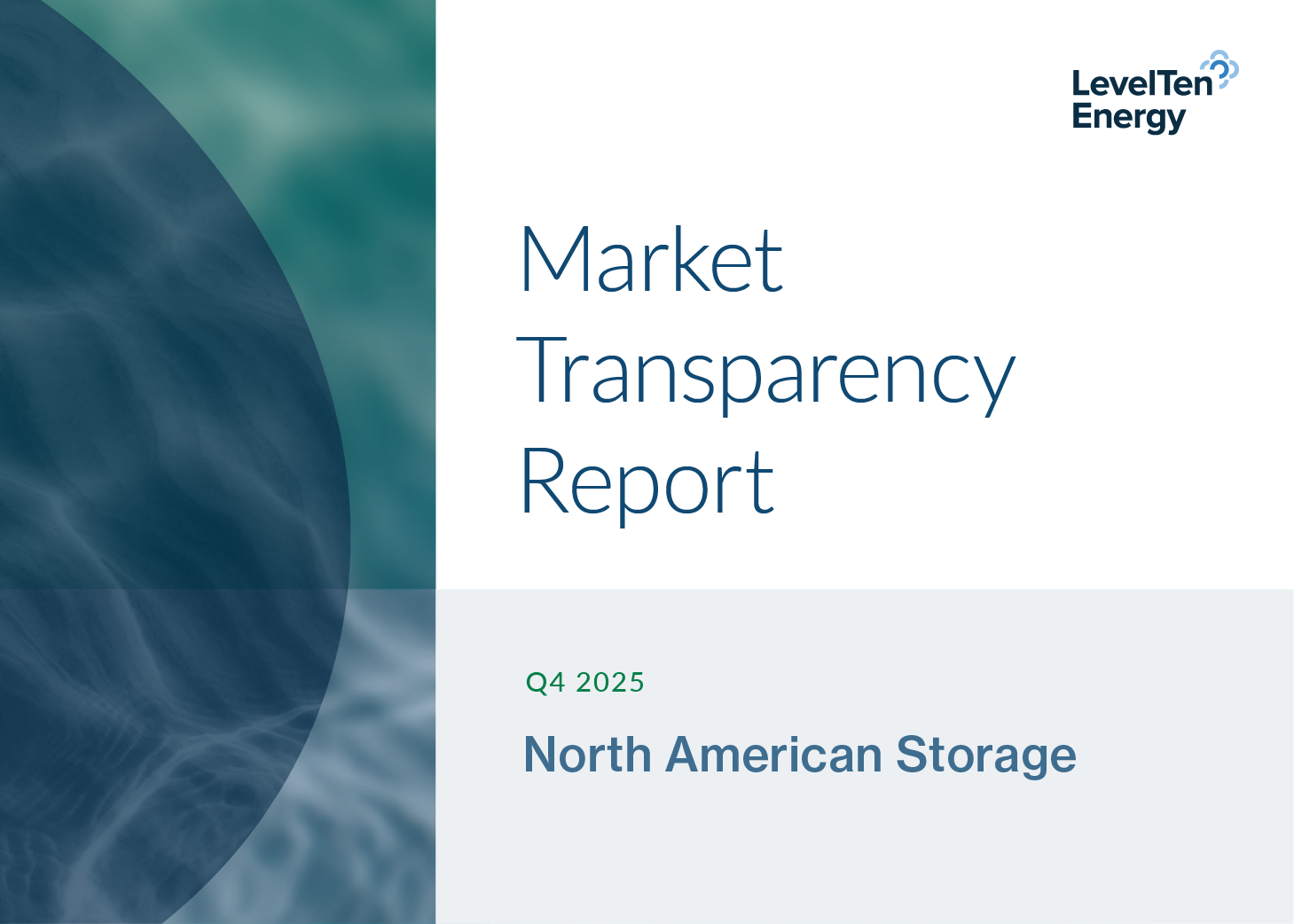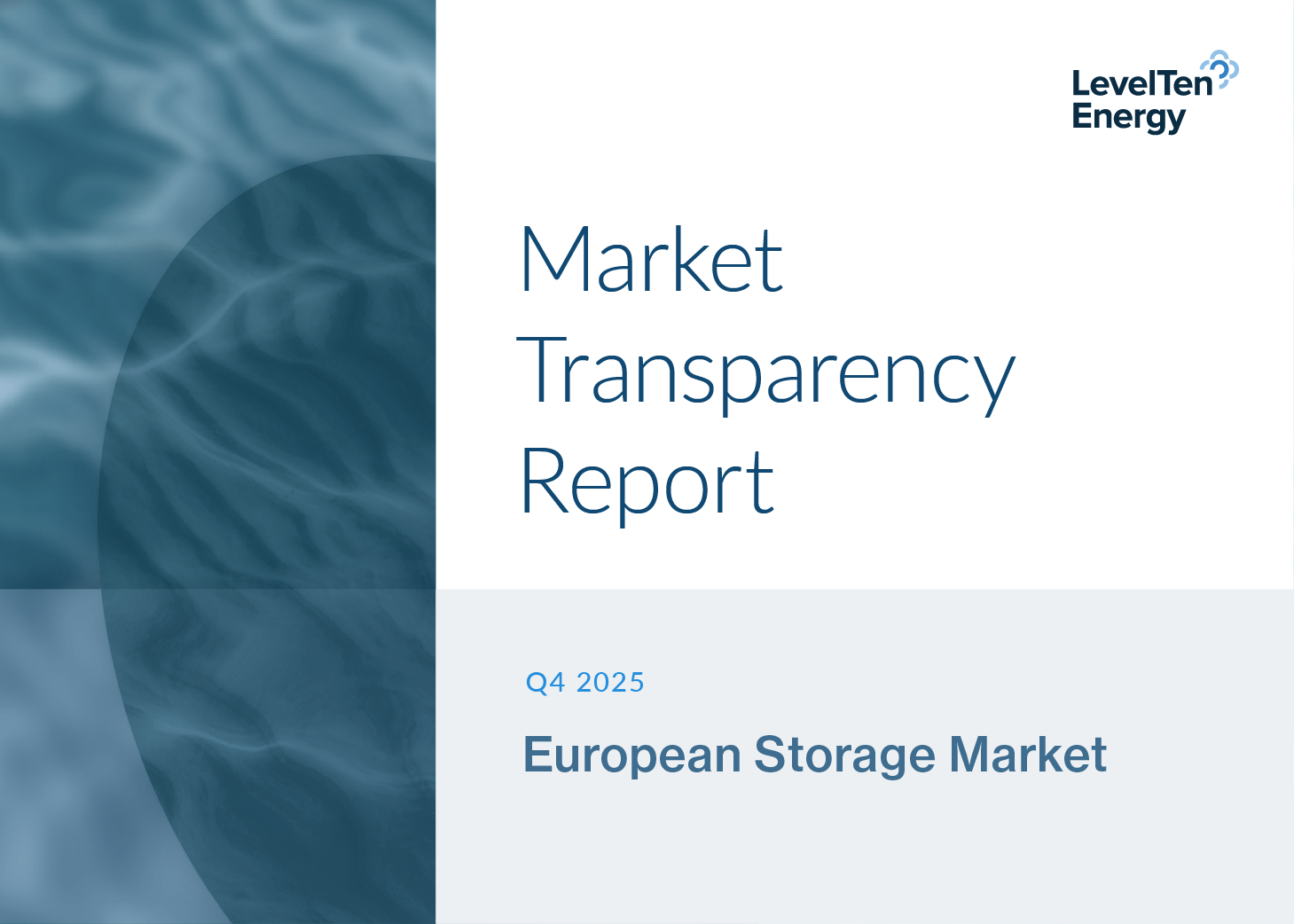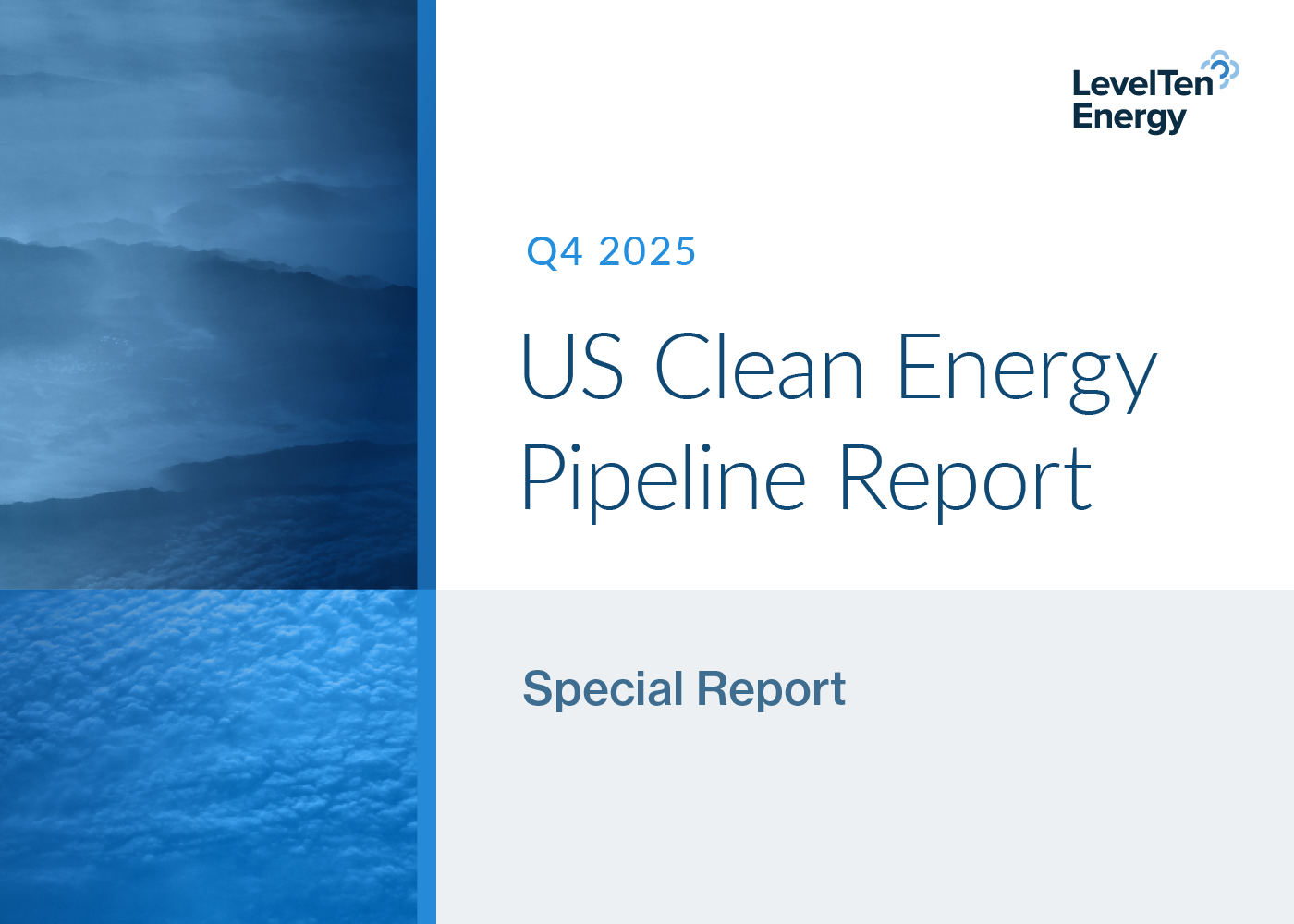A growing number of organizations are setting their sights on increasingly sophisticated clean energy procurement strategies. This trend toward more granular time- and location-based targets represents a distinct departure from the established approach to addressing Scope 2 emissions, accomplished by matching electricity consumption with clean energy procurements on an annualized basis.
For these new goals to be achieved, a novel suite of tools and markets must emerge to support procurement efficiency and drive signals that reward CFE investments when and where they are needed most. Core to achieving these ends is a transition from the use of Energy Attribute Certificates (EACs), which track the year and month of electricity generation, to Granular Certificates (GCs), which track generation intervals down to the hourly, or even sub-hourly level, and provide improved locational detail. A 2022 study by Princeton’s Zero-carbon Energy Systems Research and Optimization Lab showed that this type of time-based attribute trading can “lower the cost of 24/7 carbon-free energy (CFE) procurement, especially for buyers who face limited options for direct procurement from carbon-free generators.”
But what is the market demand for GCs today? This report sets out to answer just that.
We conducted a survey of advanced clean energy buyers to assess the market readiness for granular certificates. This report includes the findings of this survey.
Download to explore:
- What GC demand looks like now and within the next three years
- Where GC demand is greatest globally
- What the primary blockers are to adoption or expanded use of GCs
Complete the form below to download the report.






